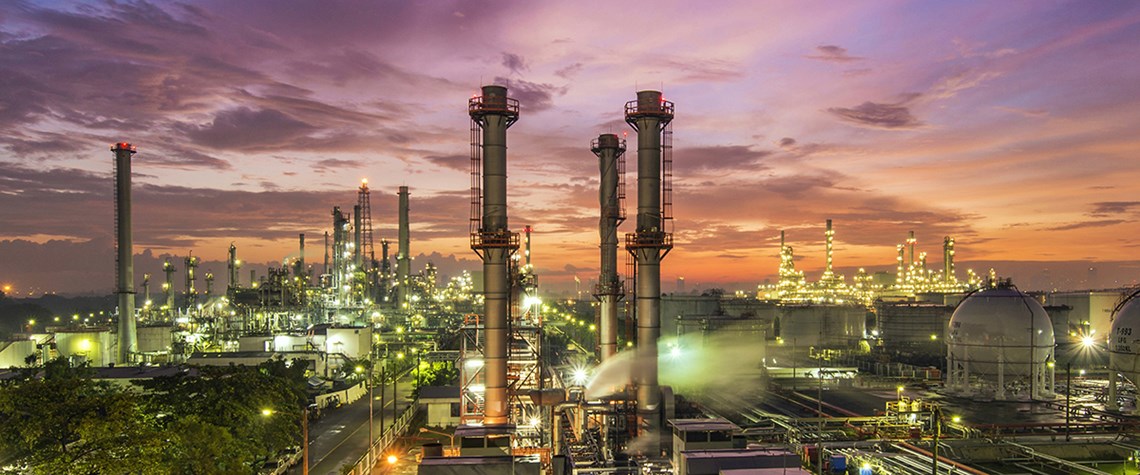Transport fuel’s day of reckoning
Gulf refiners wonder how to cope with new green standards for shipping and aviation fuel
A global clampdown on two of the most public scapegoats to the acceleration of climate change—shipping and aviation—is putting Gulf refiners' portfolios to the test. The International Maritime Organisation's (IMO) 0.5% sulphur cap on bunker fuels, set to begin from 1 January 2020, is followed by the International Air Transport Association's (IATA) Carbon Offsetting Reduction Scheme for International Aviation (CORSIA) from 2021. Both are milestones after decades of toing-and-froing between environmentalists and industry. As the Gulf is home to the world's second-largest bunkering hub, the UAE's Port of Fujairah, and is one of the world's fastest-growing aviation hubs, could a shortage of post

Also in this section
7 August 2025
The quick, unified and decisive strategy to return all the barrels from the hefty tranche of cuts from the eight producers involved in voluntary curbs signals a shift and sets the tone for the path ahead
7 August 2025
Without US backing, the EU’s newest sanctions package against Russia—though not painless—is unlikely to have a significant impact on the country’s oil and gas revenues or its broader economy
6 August 2025
Diesel market disruptions have propelled crude prices above $100/bl twice in this century, and now oil teeters on the brink of another crude quality crisis
5 August 2025
After failed attempts to find a buyer for its stake in Russia’s largest oil producer, BP may be able to avoid the harsh treatment meted out to ExxonMobil and Shell when they exited—and could even restart operations if geopolitical conditions improve








